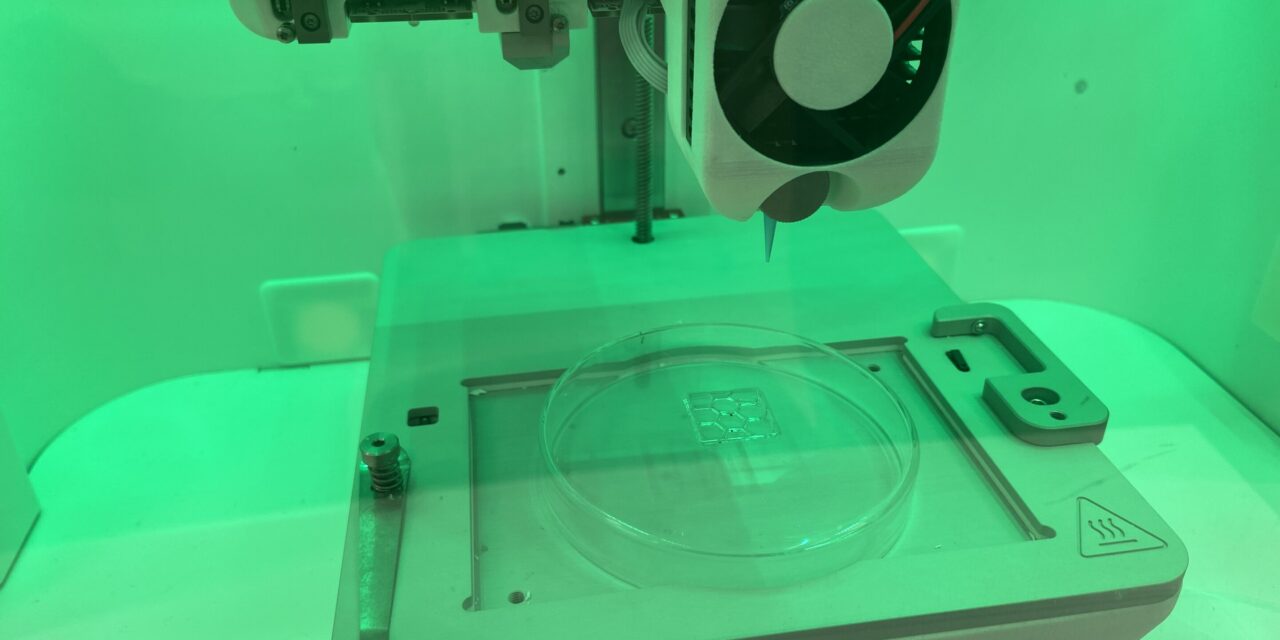In a groundbreaking development, researchers at the University of South Australia (UniSA) have unveiled drug-loaded 3D printed films that could revolutionize cancer treatments, particularly for liver cancer. The world-first research demonstrates that these innovative films not only effectively kill more than 80% of liver cancer cells but also have the potential to significantly reduce recurrence rates while minimizing the systemic toxicities associated with traditional chemotherapy.
Published in the International Journal of Pharmaceutics, the study details how the precision-cut films, created from gels infused with tailored doses of anti-cancer drugs 5-fluorouracil (5FU) and cisplatin (Cis), are placed directly at the surgical site following the removal of cancerous tissue. This localized drug delivery system ensures that chemotherapy agents target residual cancer cells while minimizing adverse effects on healthy tissues.
Liver cancer, a highly aggressive and deadly form of cancer with recurrence rates of up to 70%, poses a significant challenge to clinicians worldwide. Dr. Souha Youssef, a researcher at UniSA, emphasizes the potential of these novel films to transform liver cancer treatments, offering a targeted approach that mitigates the debilitating side effects of conventional chemotherapy.
The 3D printed gel patches, loaded with precise doses of chemotherapy drugs, represent a tailored approach to cancer therapy. Using advanced 3D printing technology, researchers can customize treatment protocols for individual patients, optimizing drug release profiles and film geometry based on specific needs.
According to Professor Sanjay Garg, co-director of UniSA’s Center for Pharmaceutical Innovation, the ability to modulate drug release profiles and customize film properties is essential for improving patient outcomes in cancer treatment. The biodegradable nature of the films further enhances their appeal by eliminating the need for surgical removal post-treatment, offering a more convenient and patient-friendly option for liver cancer therapy.
The research team is now poised to advance into preclinical trials to establish the correlation between tumor size and optimal dosing and release profiles, paving the way for potential clinical trials in the future.
This groundbreaking research underscores the potential of 3D printed drug delivery systems to revolutionize cancer treatments, offering new hope for patients battling liver cancer and other malignancies.
For more information, refer to the study published in the International Journal of Pharmaceutics.












